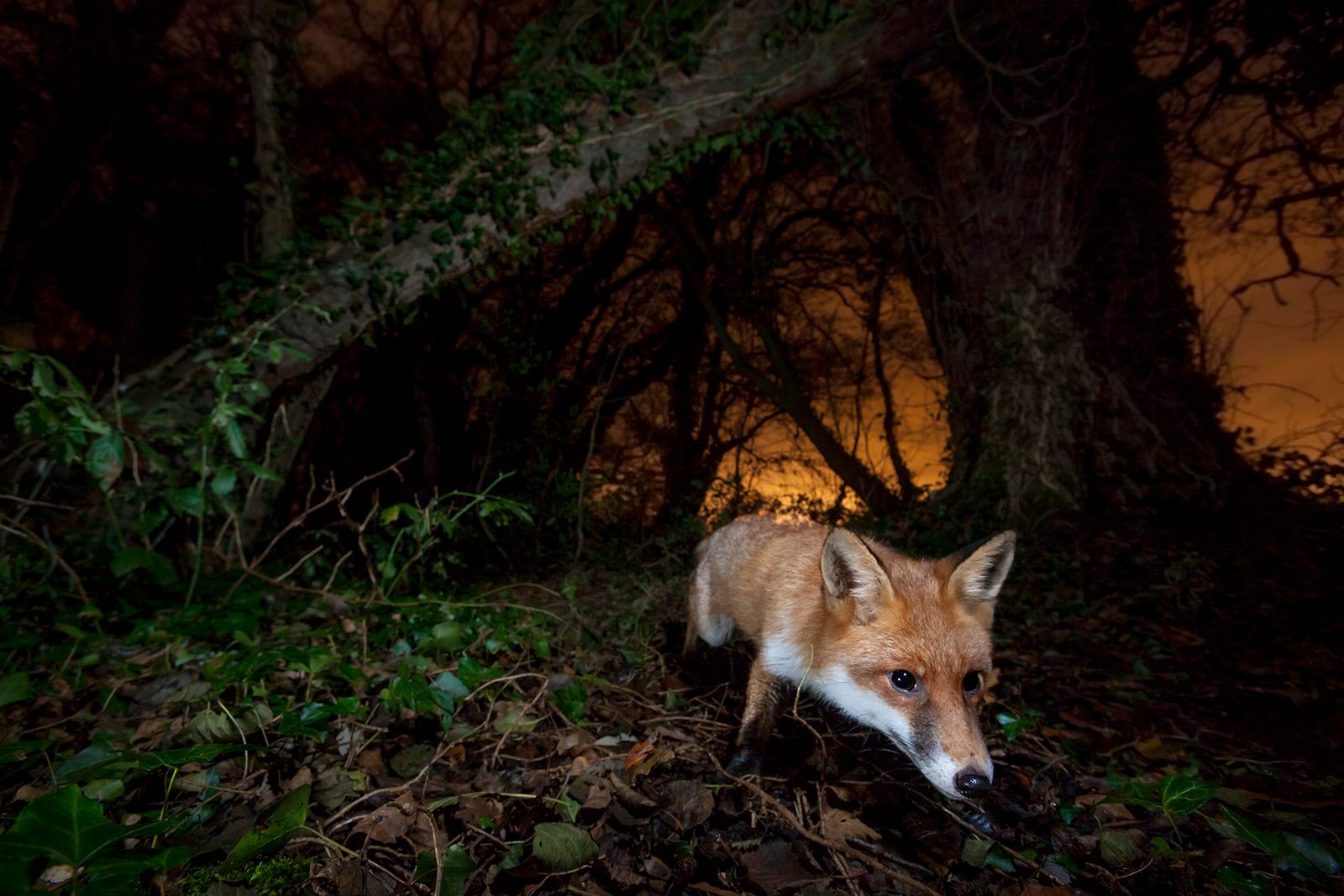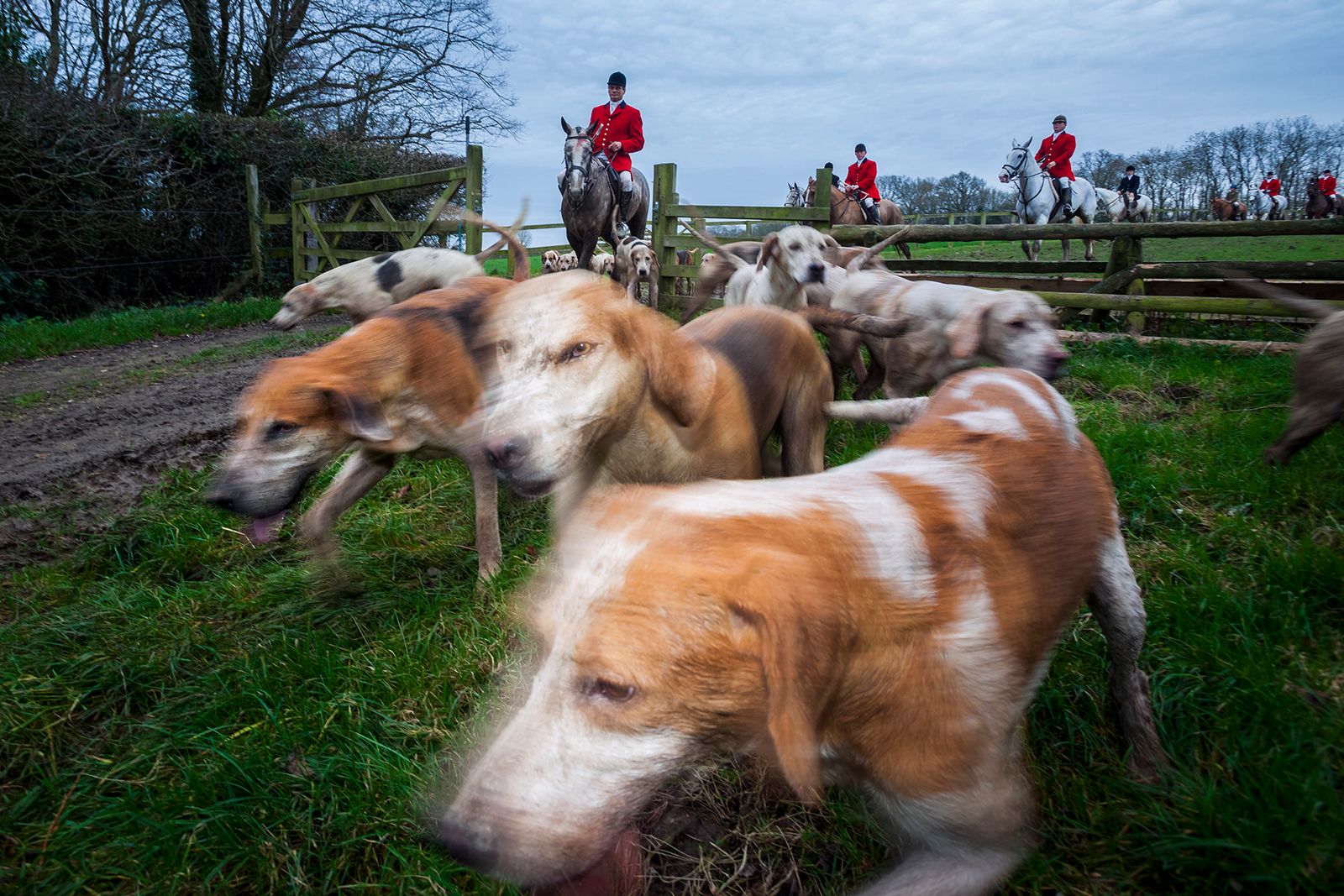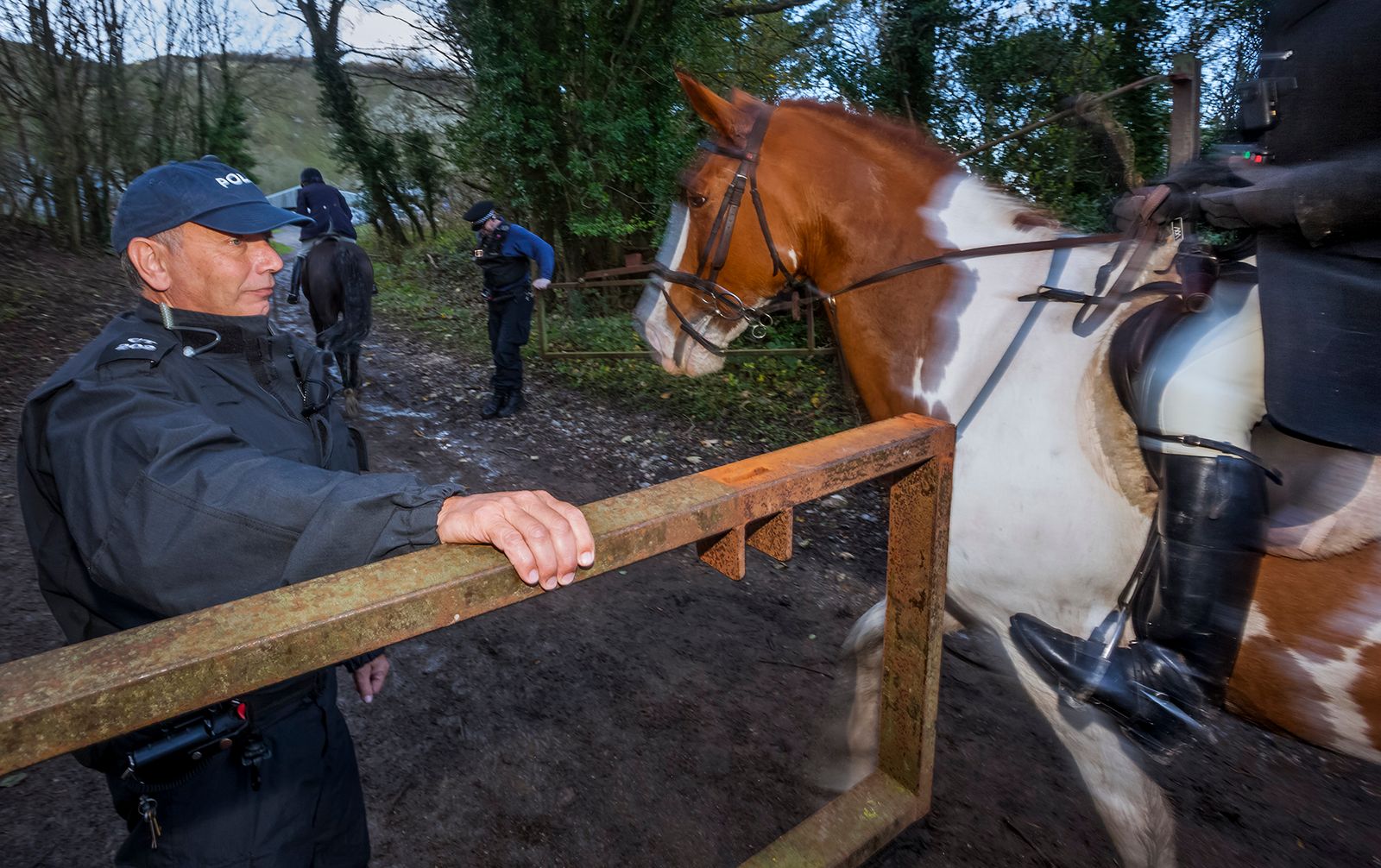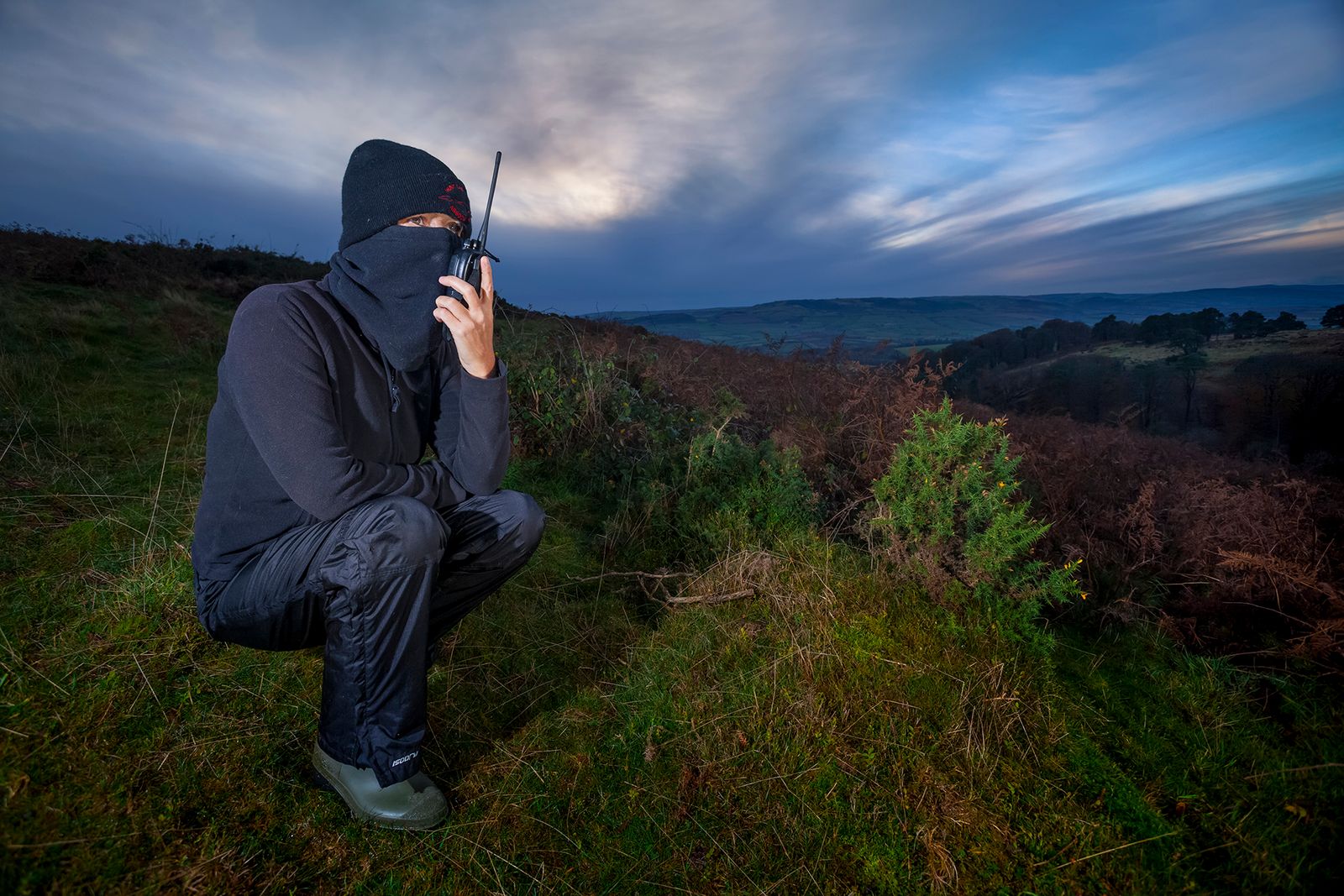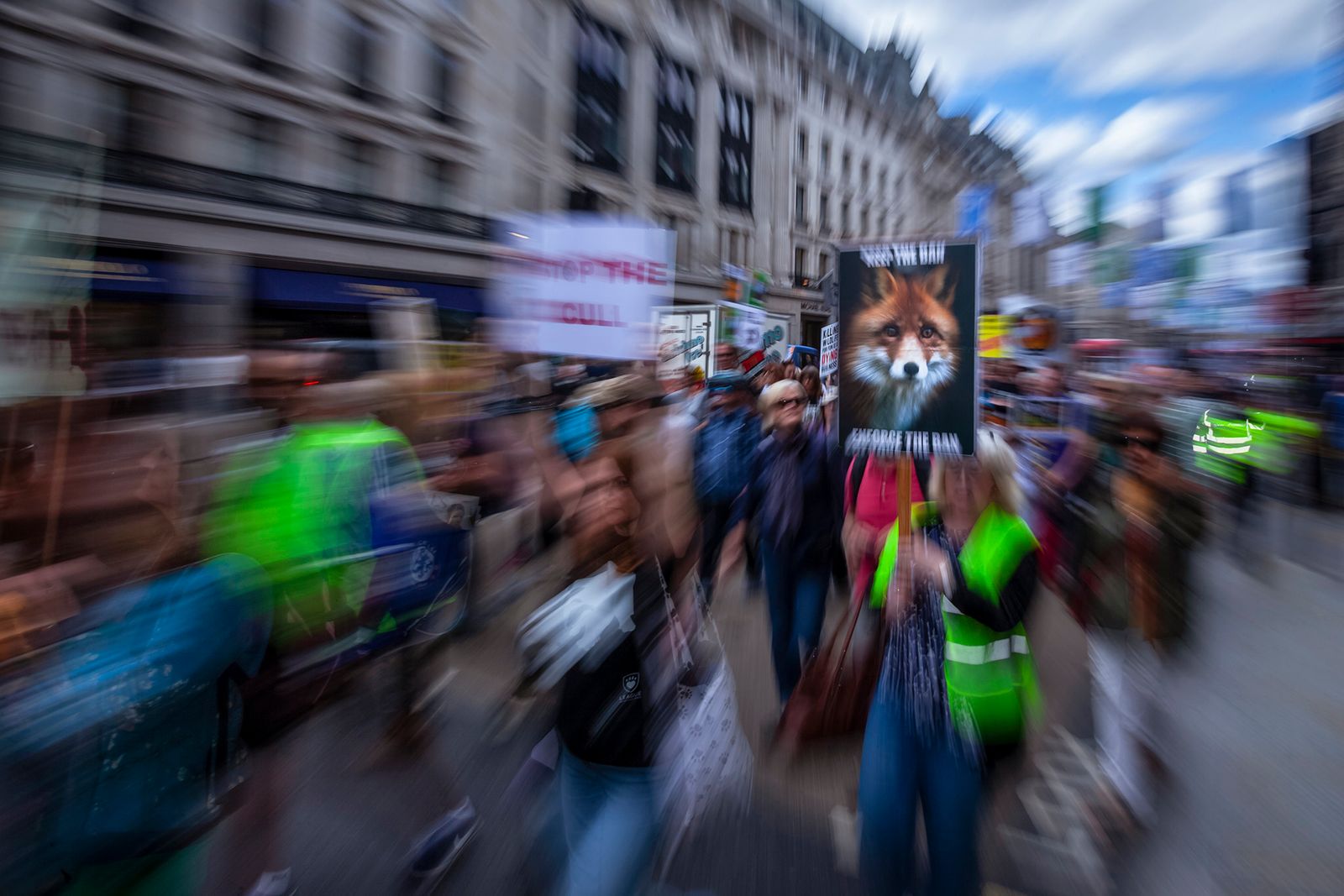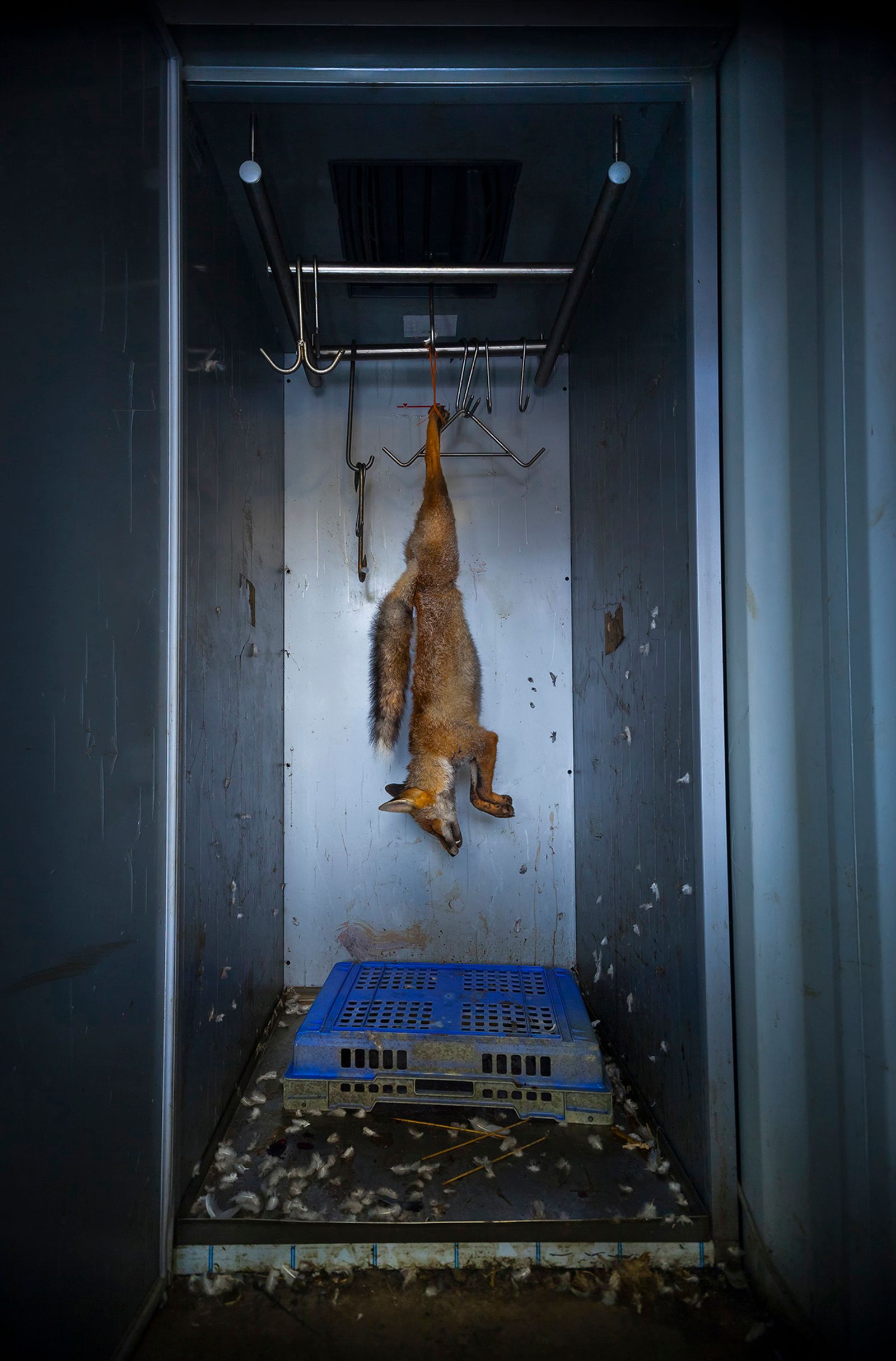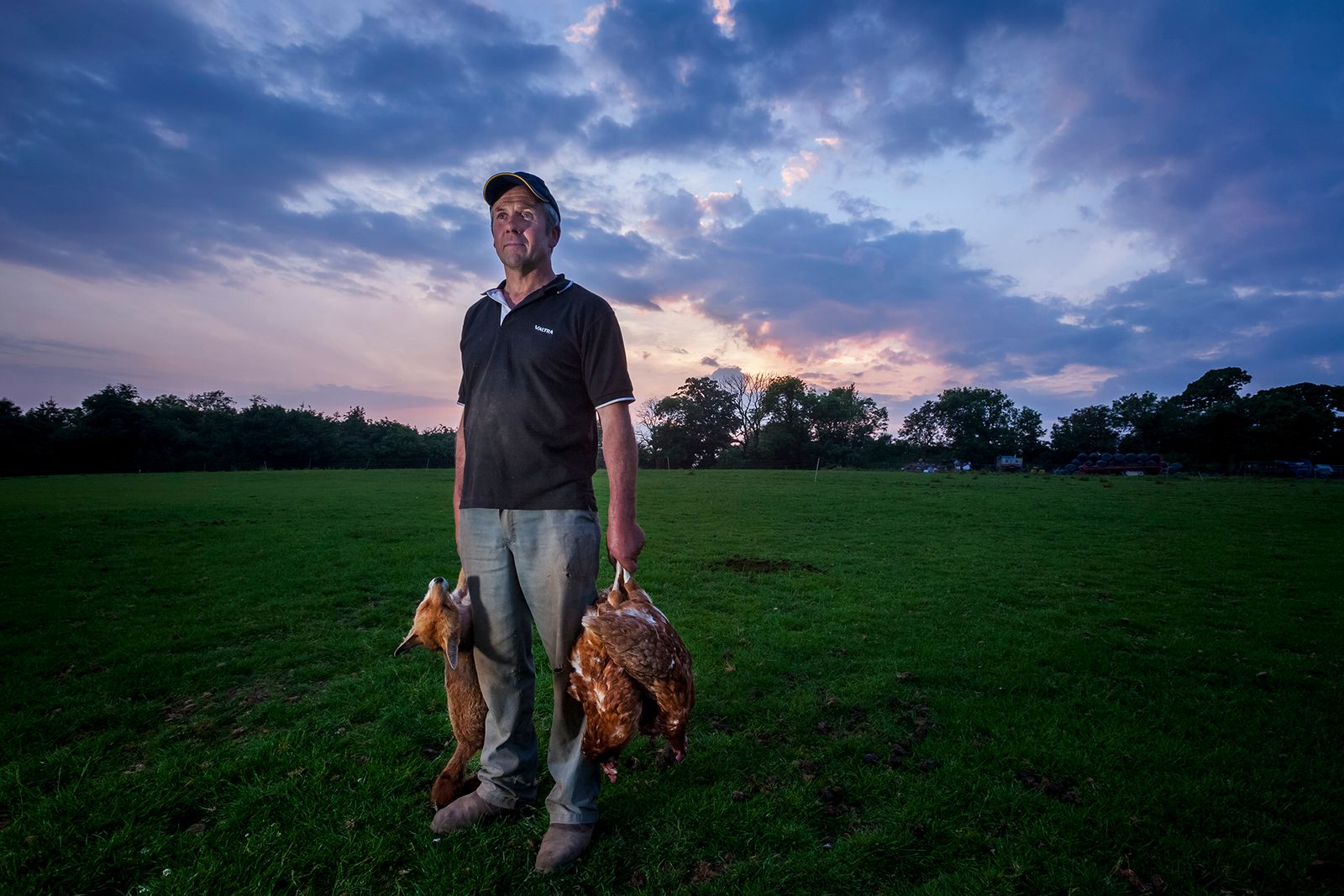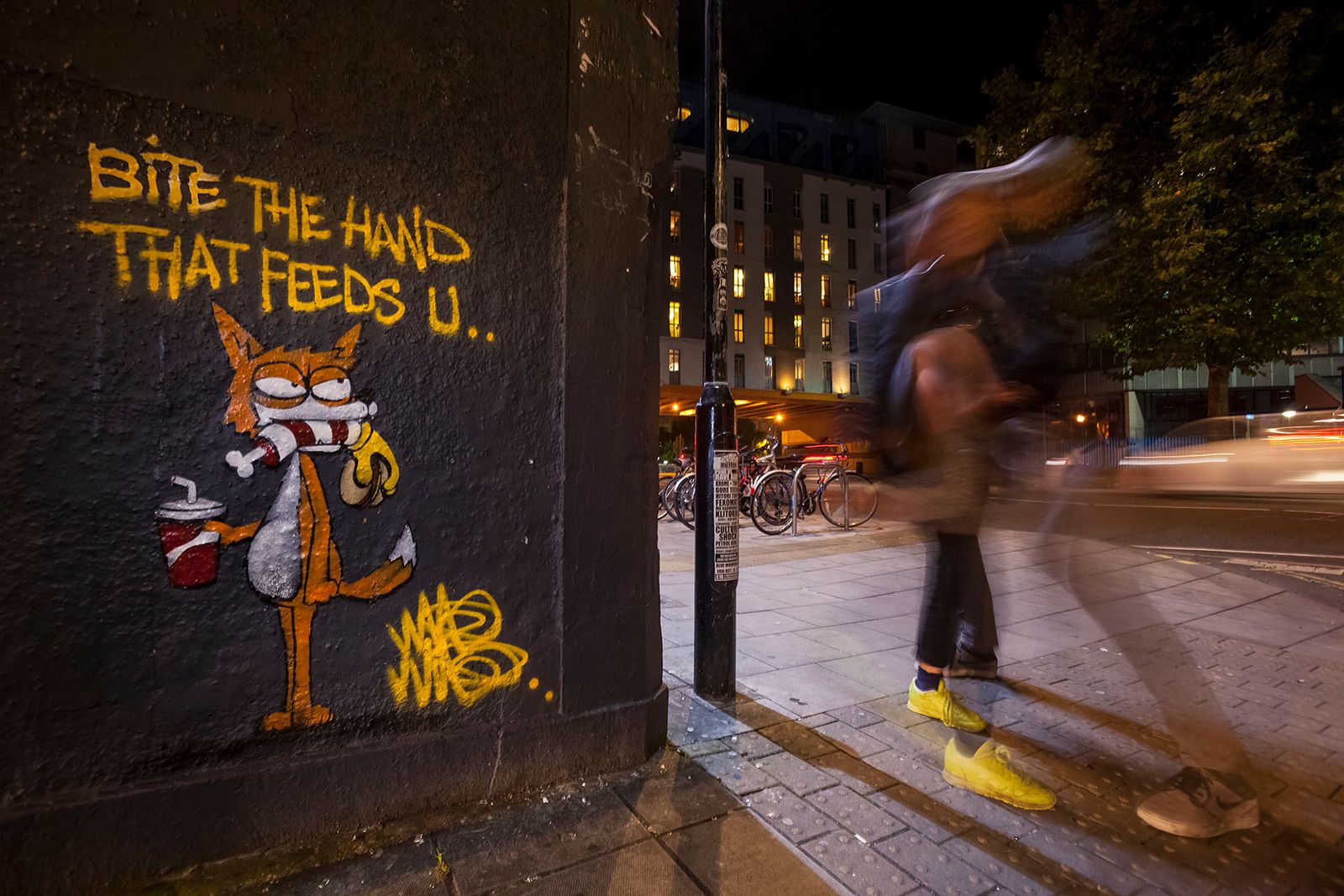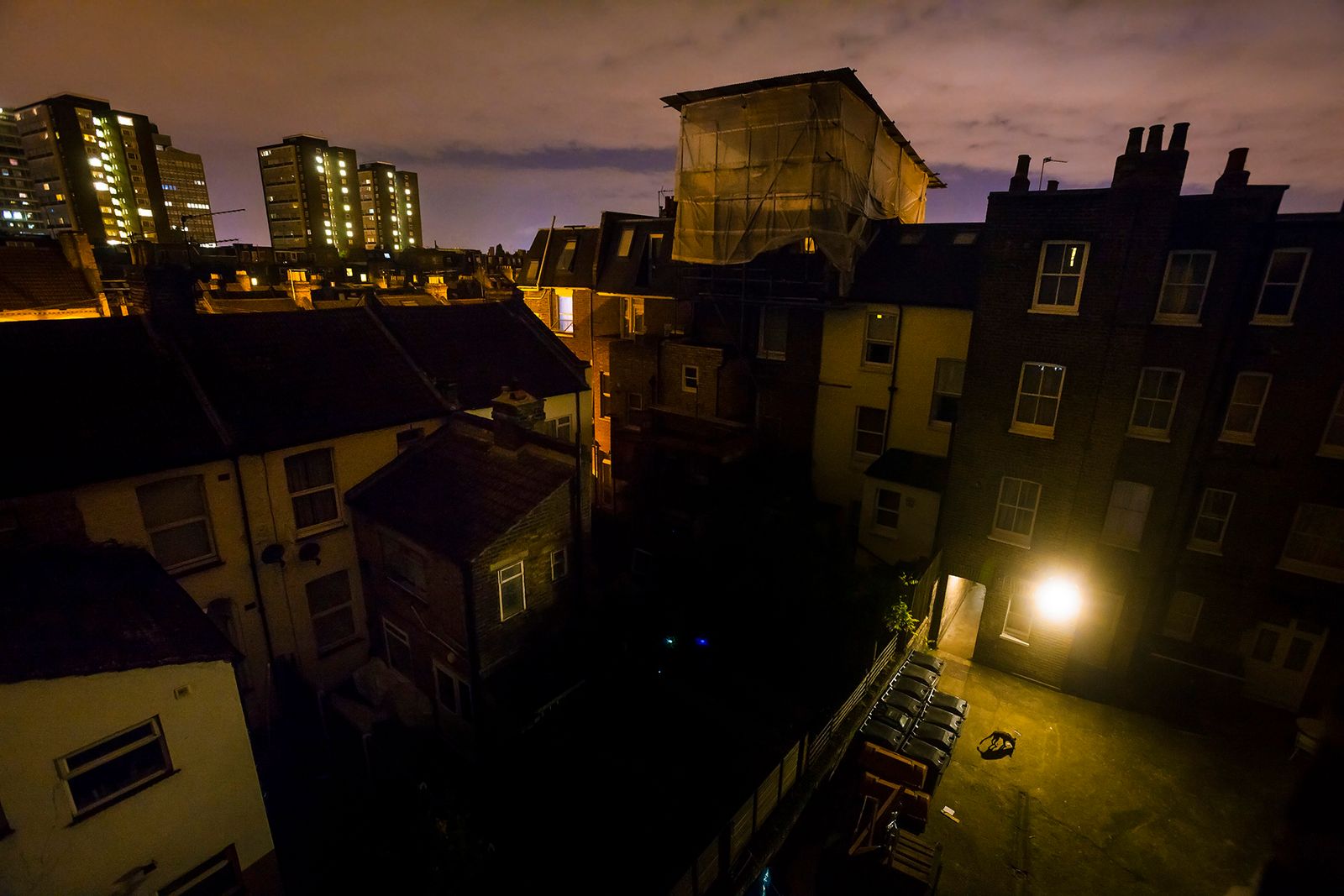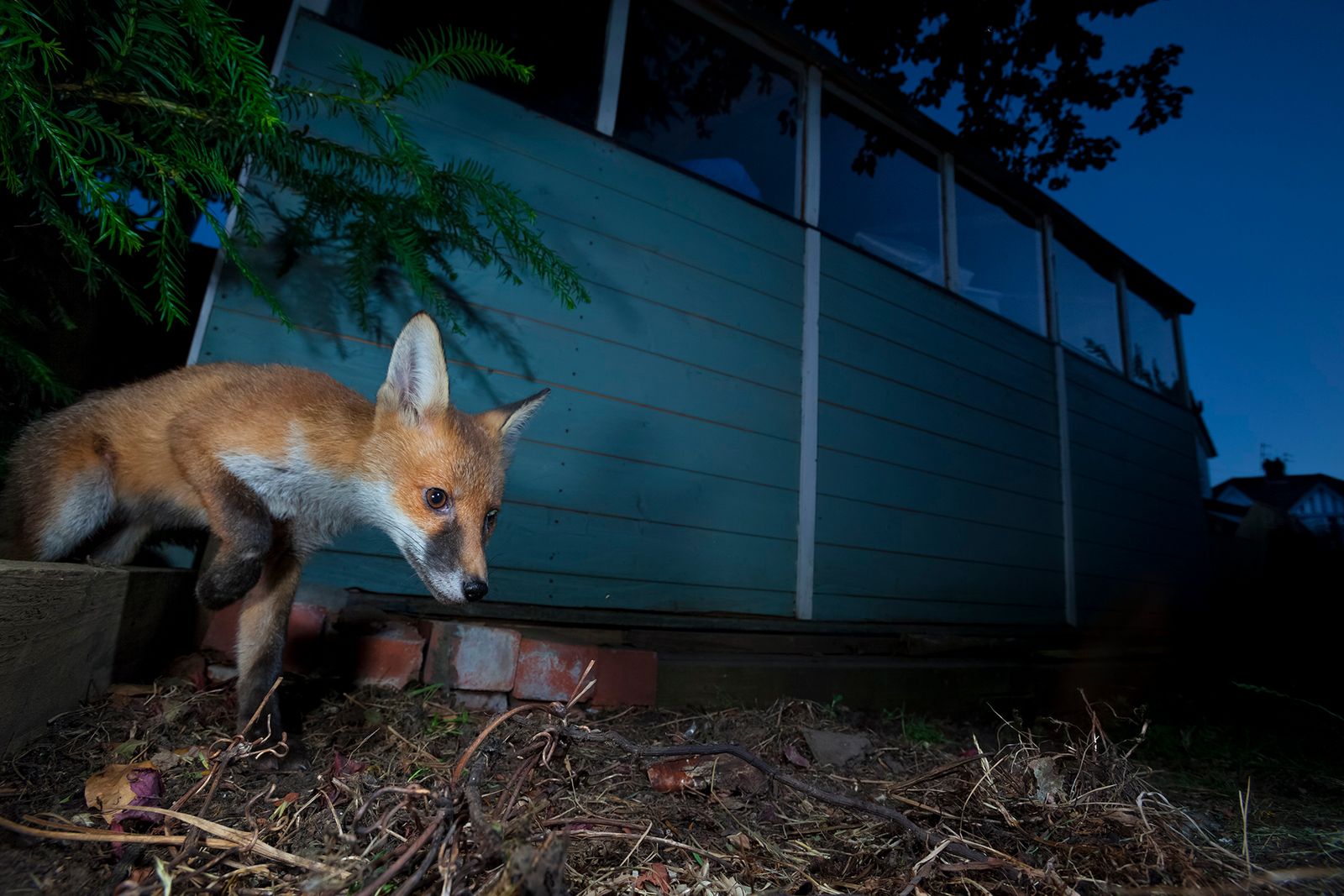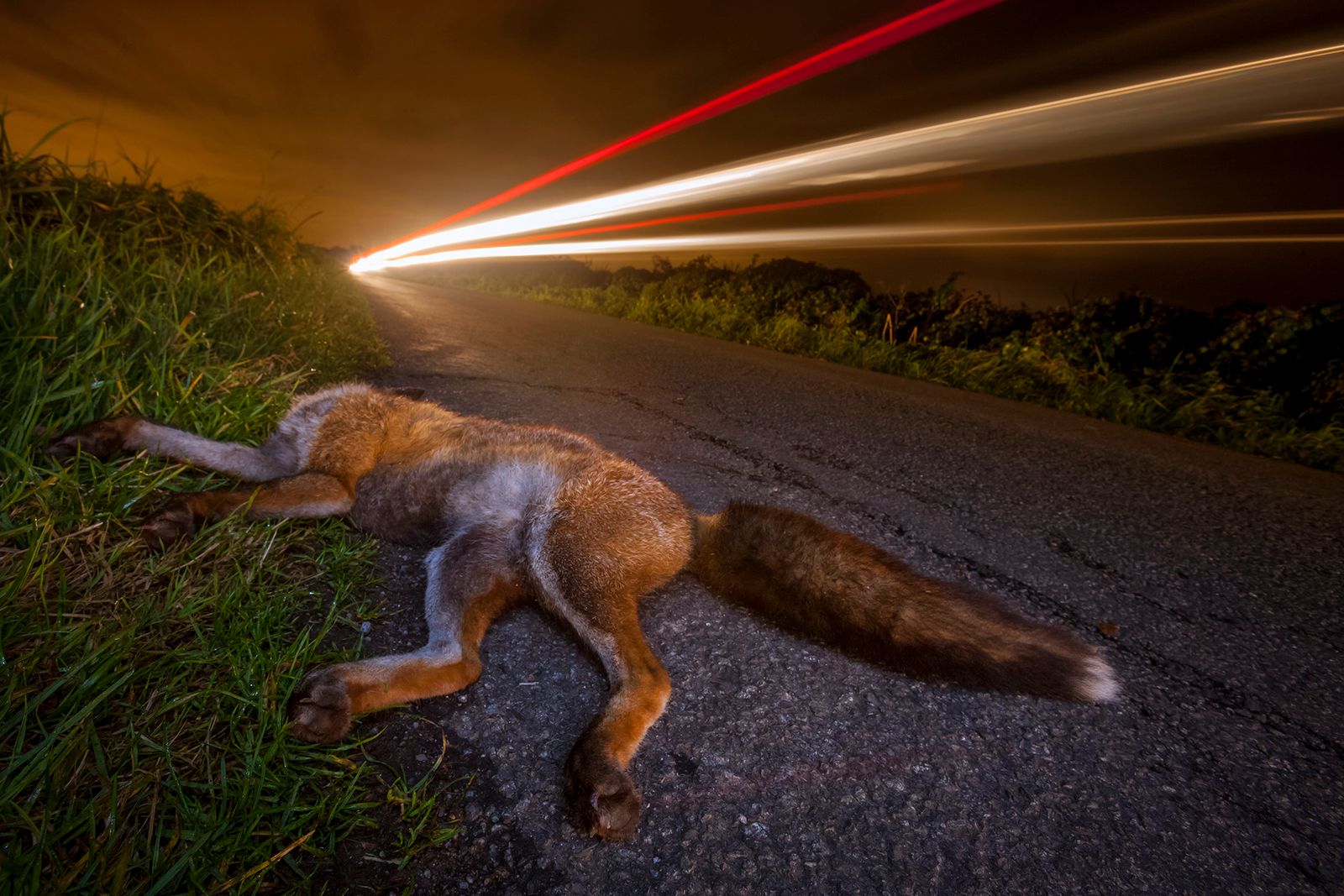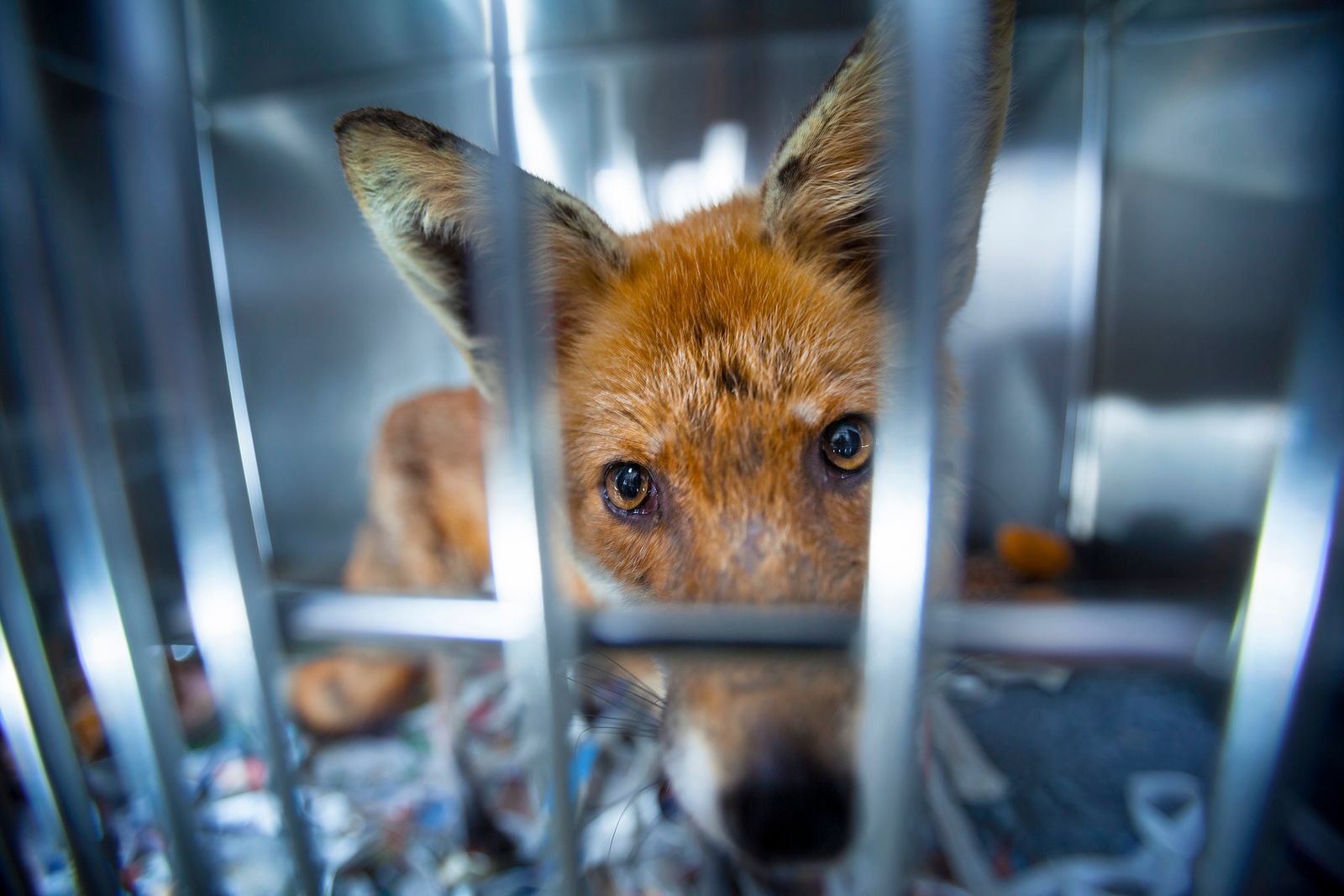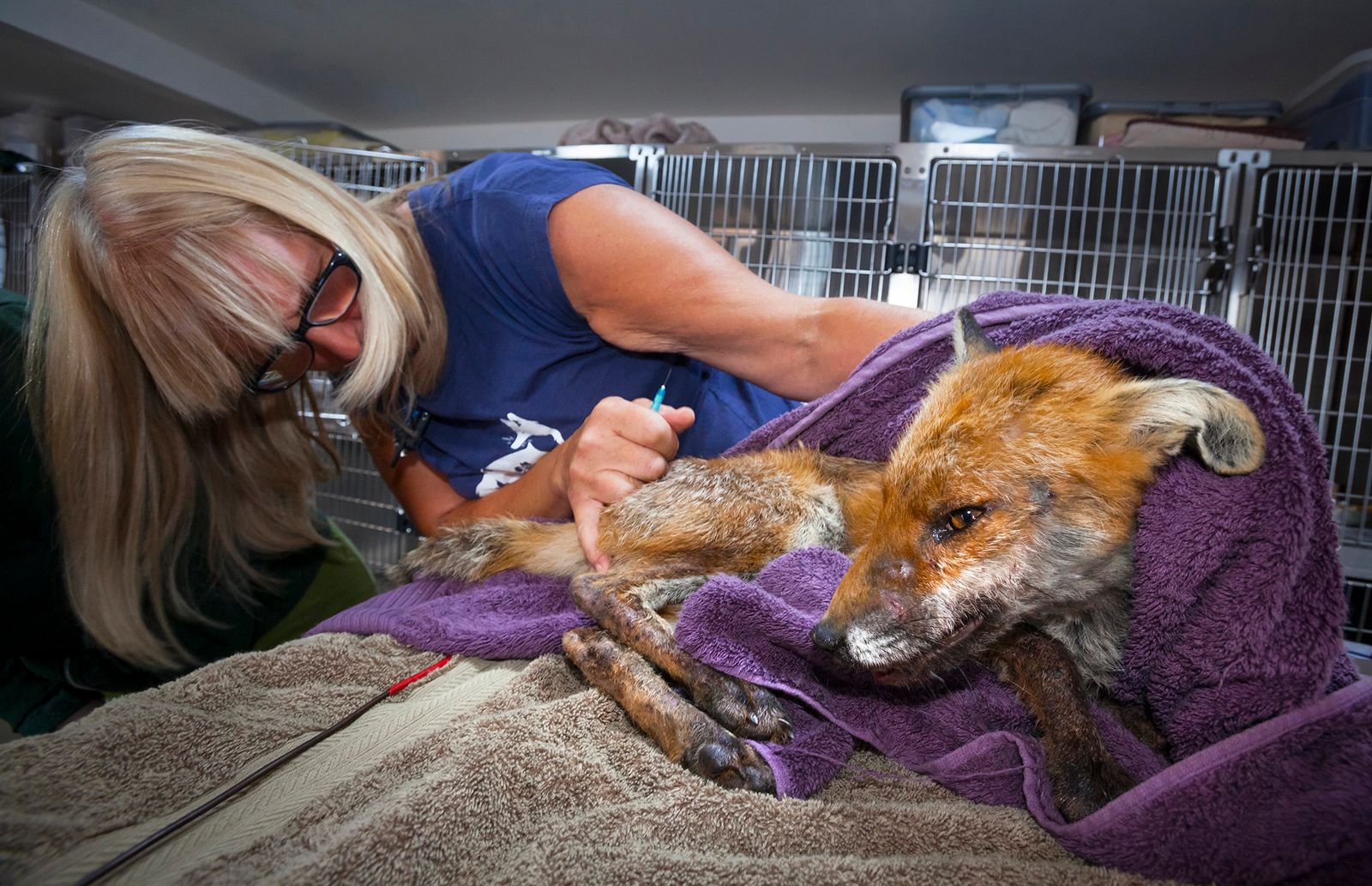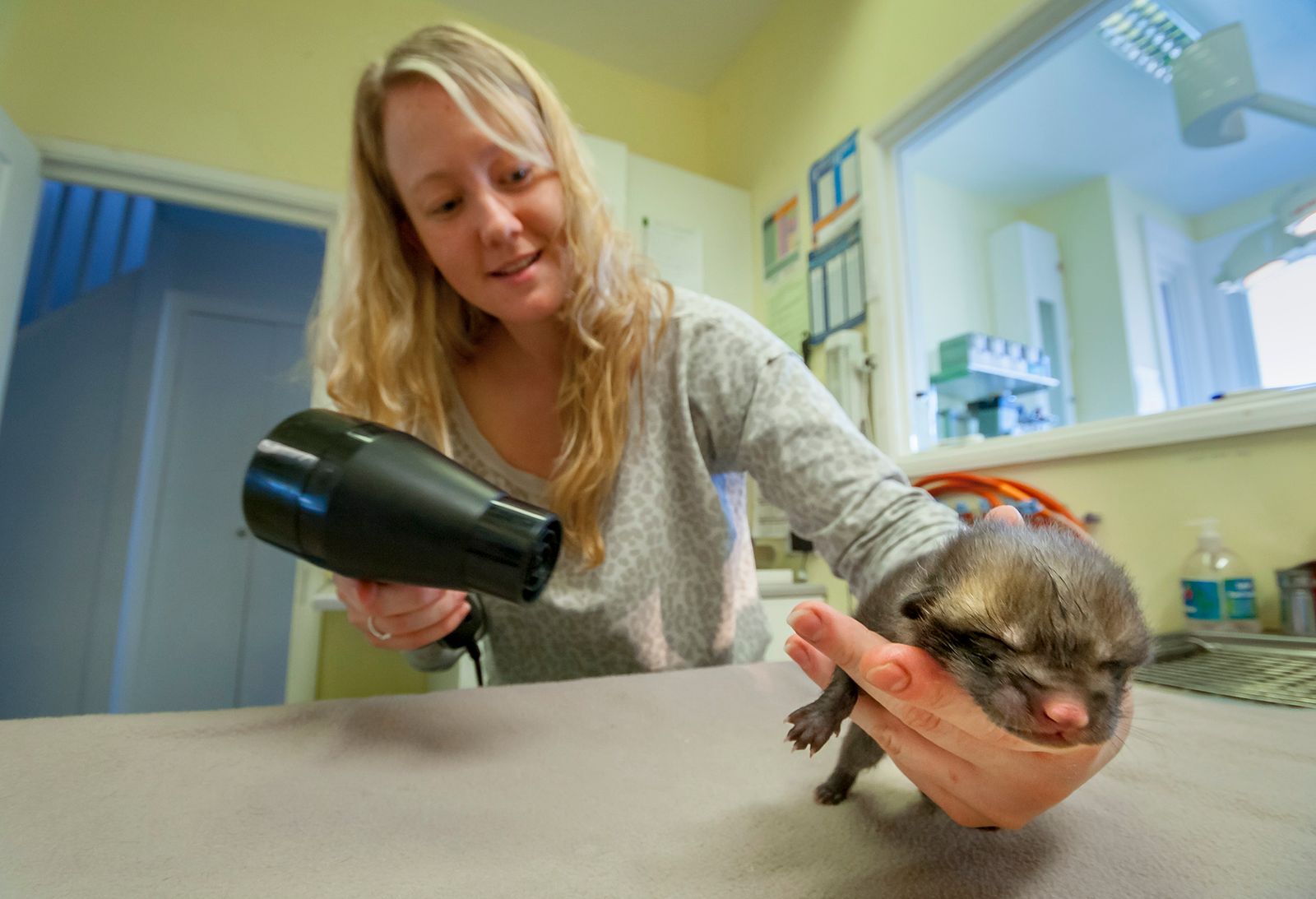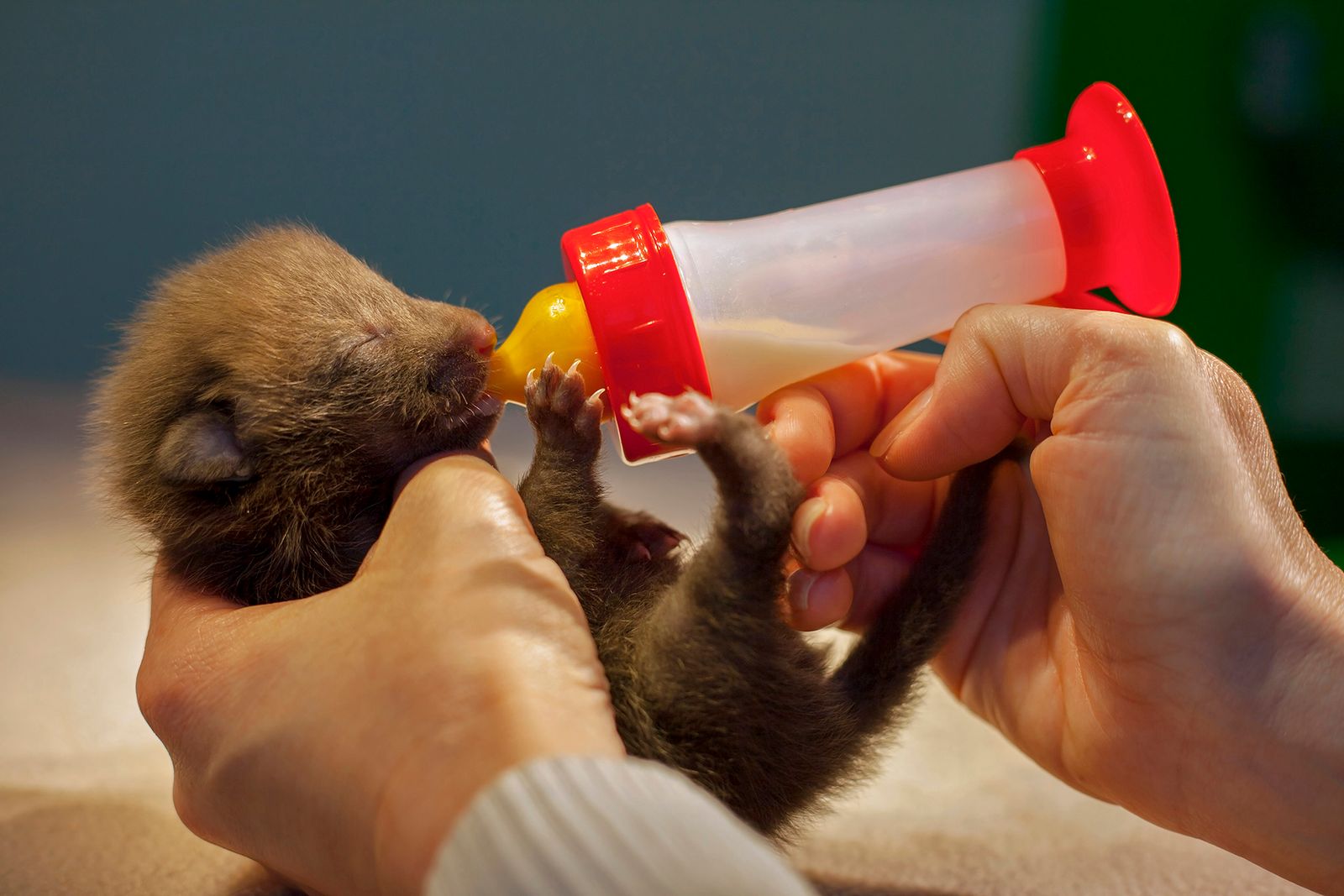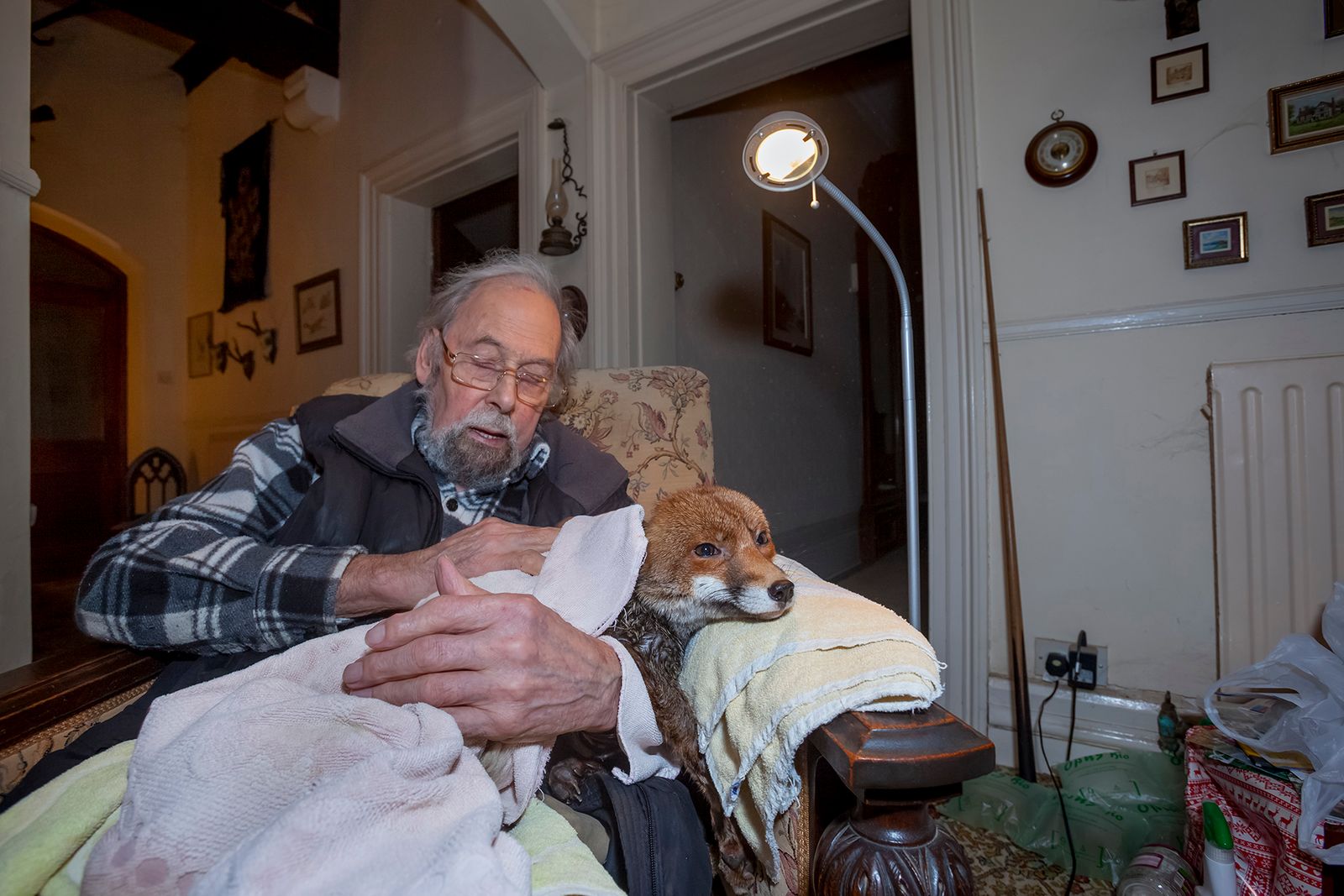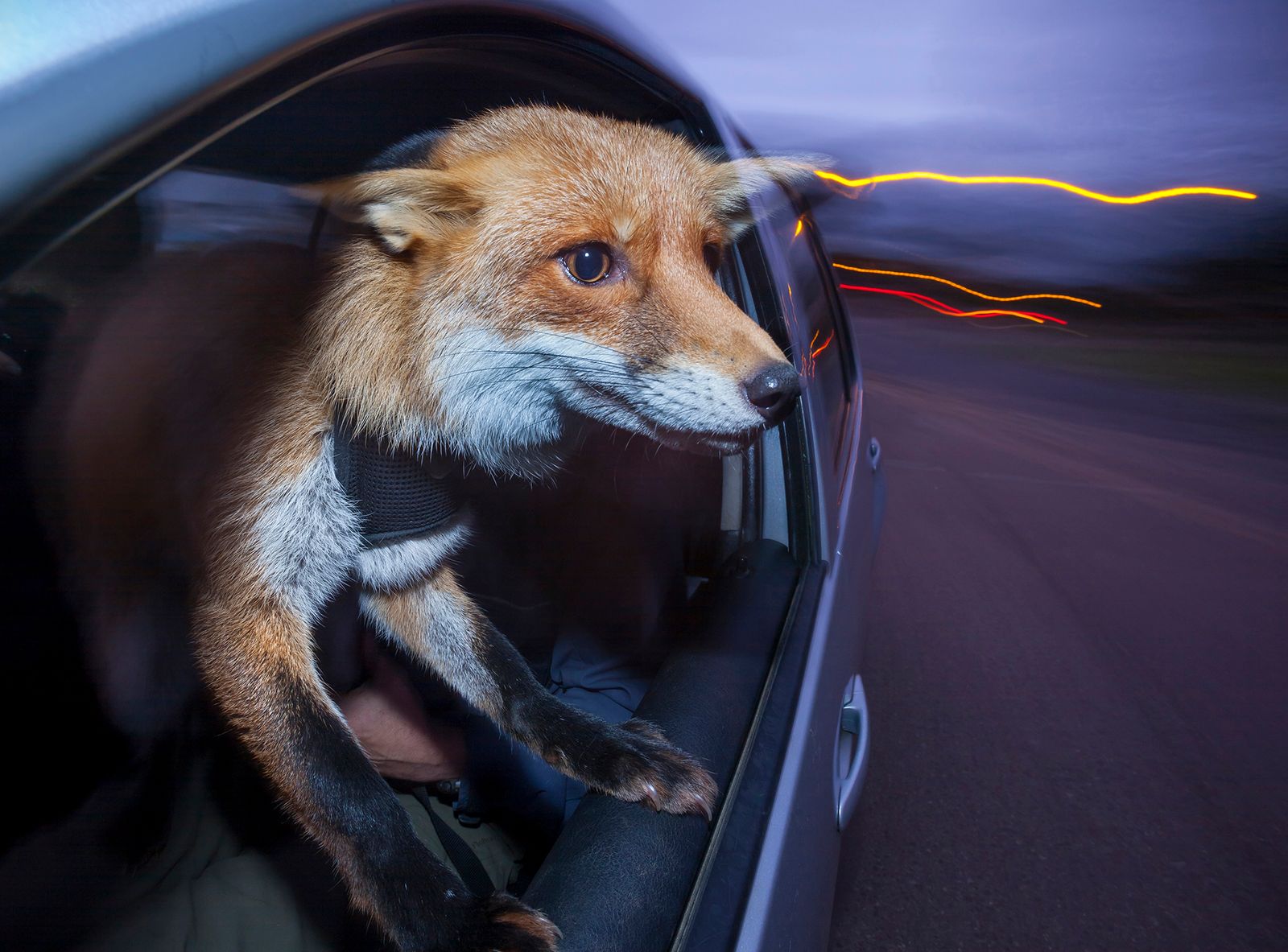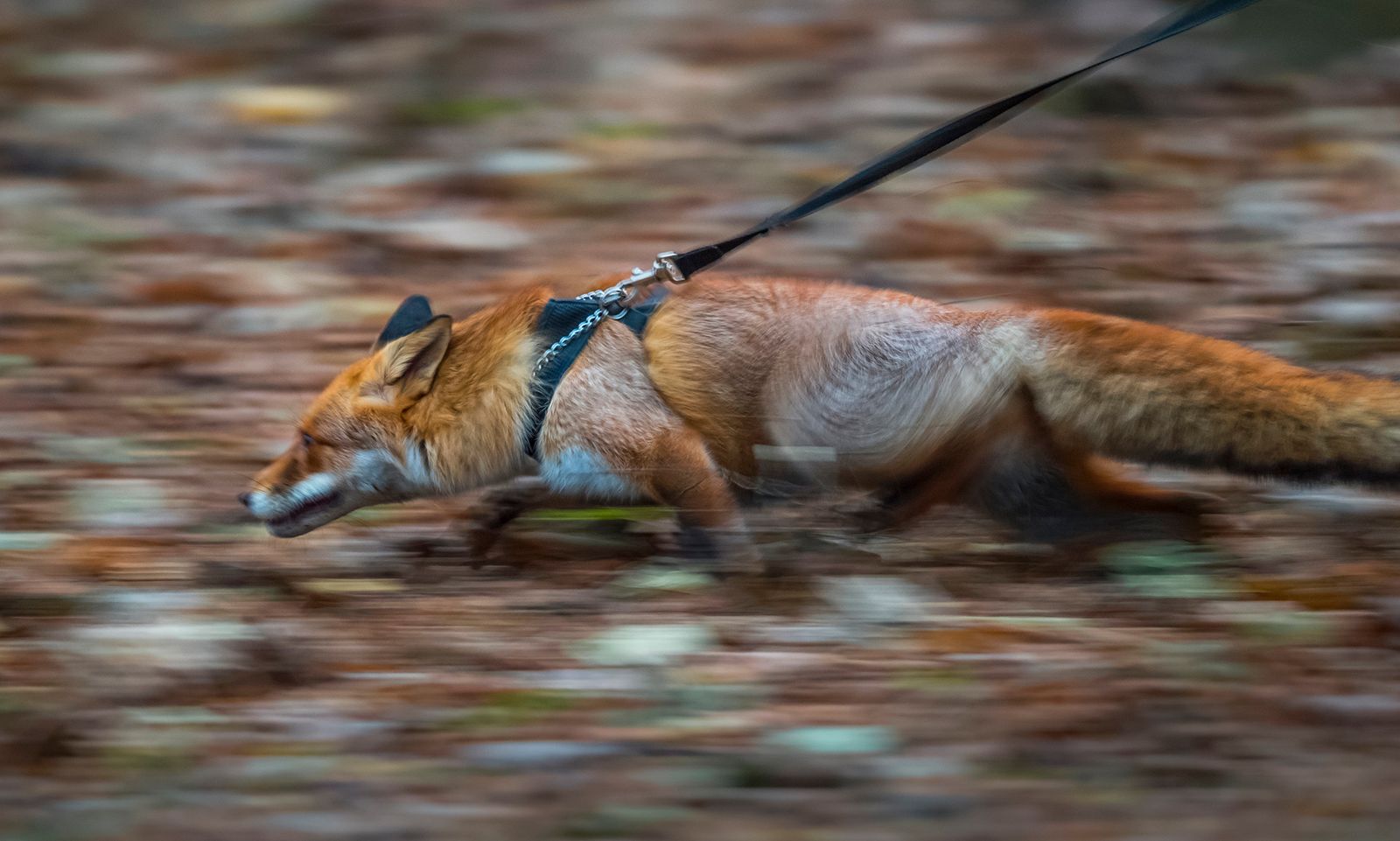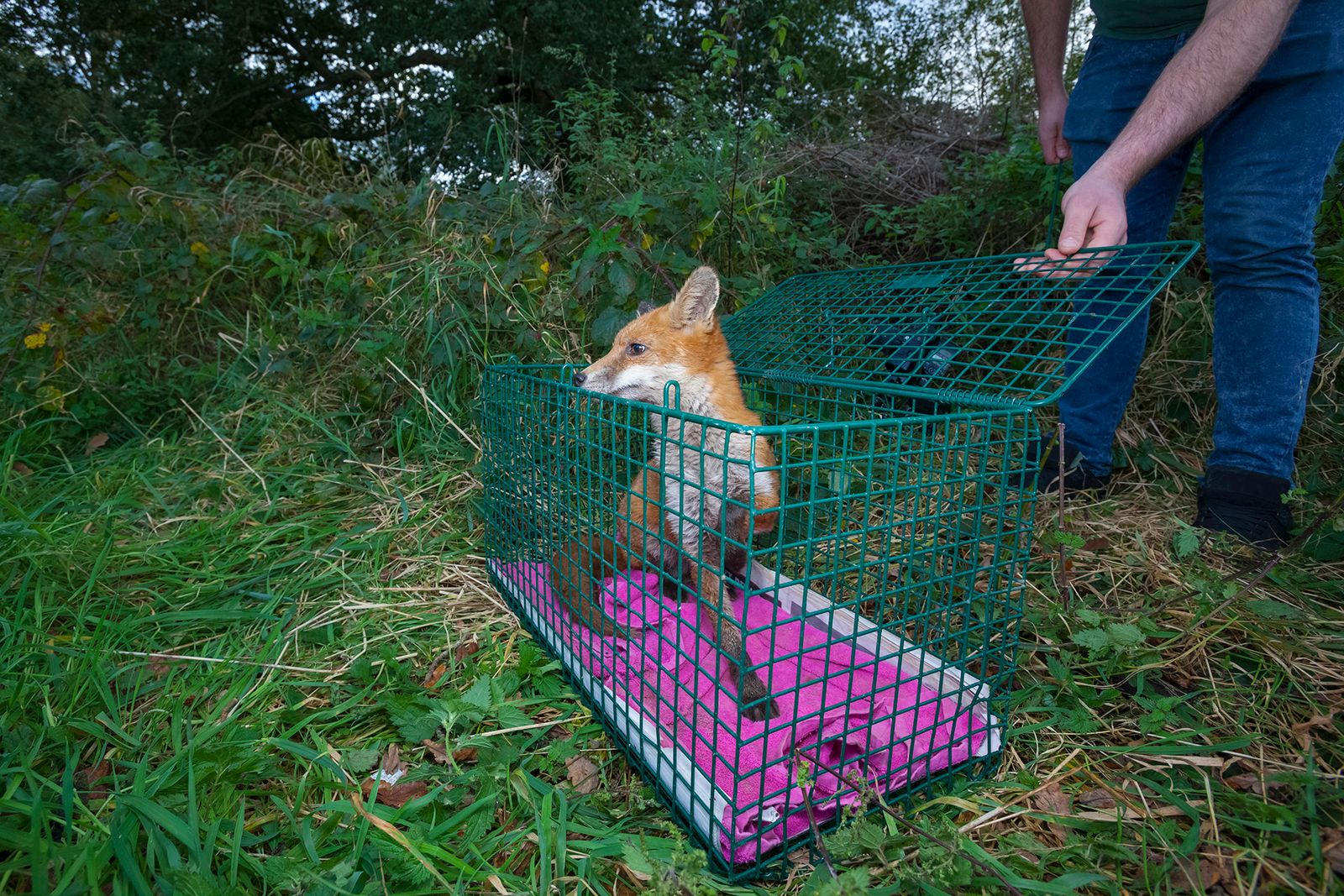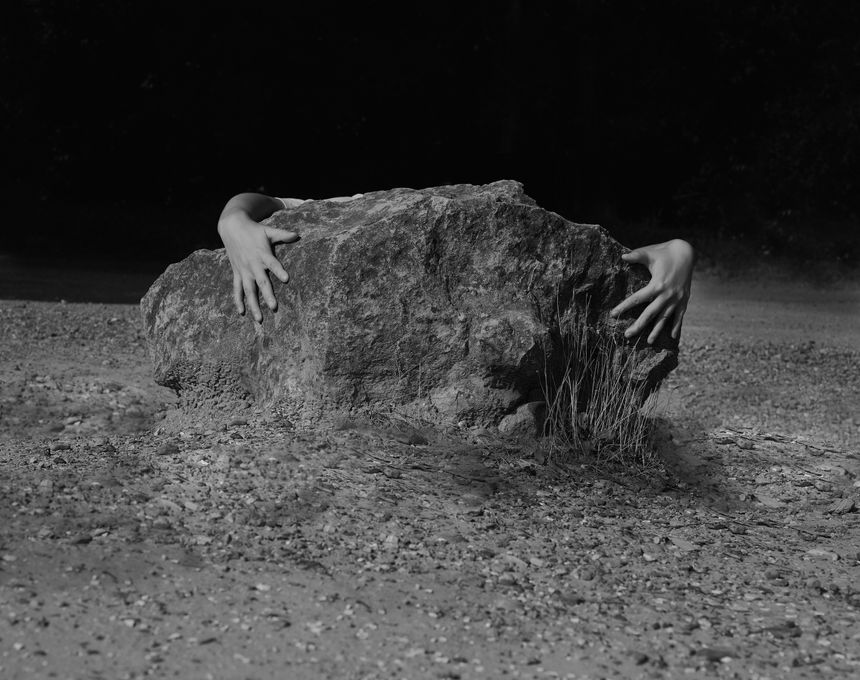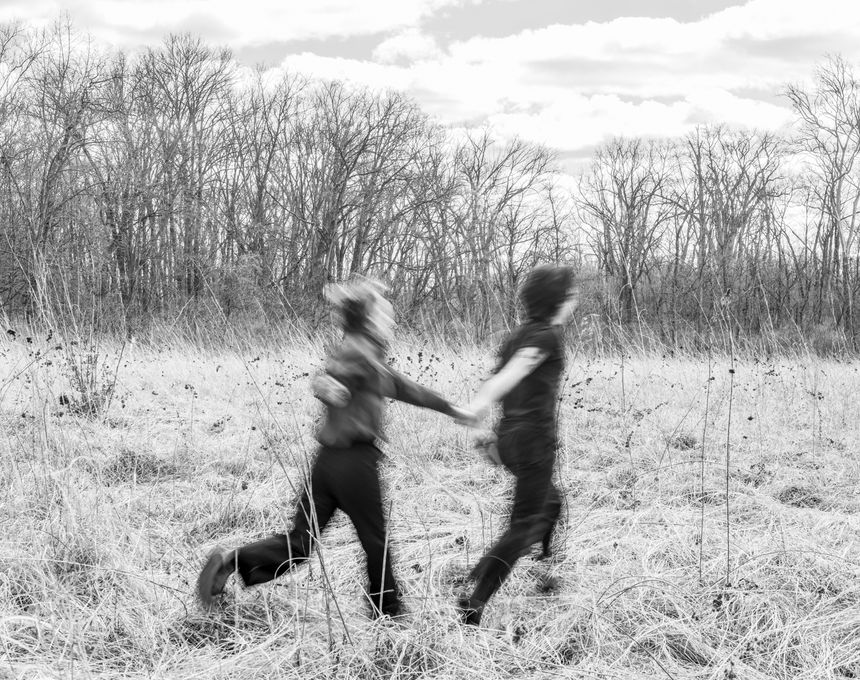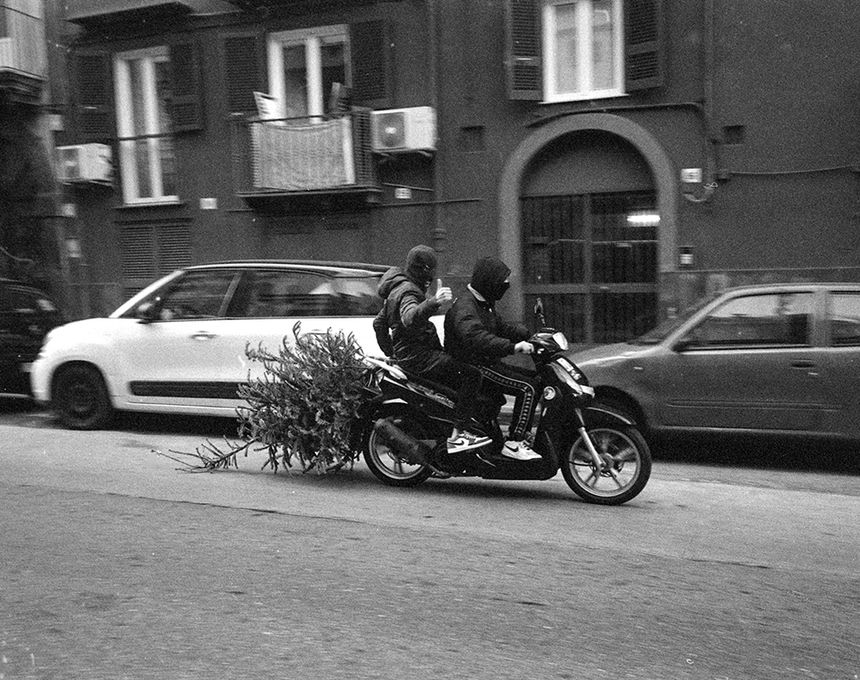Living with Foxes
-
Dates2014 - 2017
-
Author
- Location England, United Kingdom
Maligned and loved, and everything in between, no species epitomises the bizarre relationship the British people have with nature quite like the red fox.
Every year, across the country, farmers persecute foxes in their thousands. Gamekeepers protecting the profits of country estates keep fox numbers down to minimise loss of game birds that could be shot for profit by paying clients. Hunting with hounds continues across the country in defiance of the law as supporters believe the Conservative government will repeal the ban. Even conservation charities charged with protecting Britain’s native wildlife kill foxes to protect the birdlife that the British love so much.
Conversely, now more than ever, foxes seem to have a growing army of people on their side. In recent years, thousands have routinely taken to the streets of the capital to protest against the government’s actions and stand up for the fox. It is widely accepted that Theresa May’s government failed to win a majority in the last election due to their pledge to repeal the fox hunting ban, amongst other animal rights issues. Hunt saboteur groups continue to stand up to illegal hunts and many others dedicate their time or money to protecting and caring for young, sick or injured animals. Some caring individuals even share their everyday lives with foxes that can’t be returned to the wild.
All the while, foxes are continuing to do what they have always done the world over – adapt. In Britain’s towns and cities, foxes are making our backyards their homes. For many people, knowing Britain’s largest remaining carnivore is never far away enriches their lives. For others, these are unwanted neighbours.
Yet perhaps, with Brexit looming and the laws protecting the wildlife living in Britain’s countryside still unclear, the fox could be facing its greatest challenge yet. One thing is for sure, foxes will adapt and one way or another, we will all have to learn to live with foxes.
